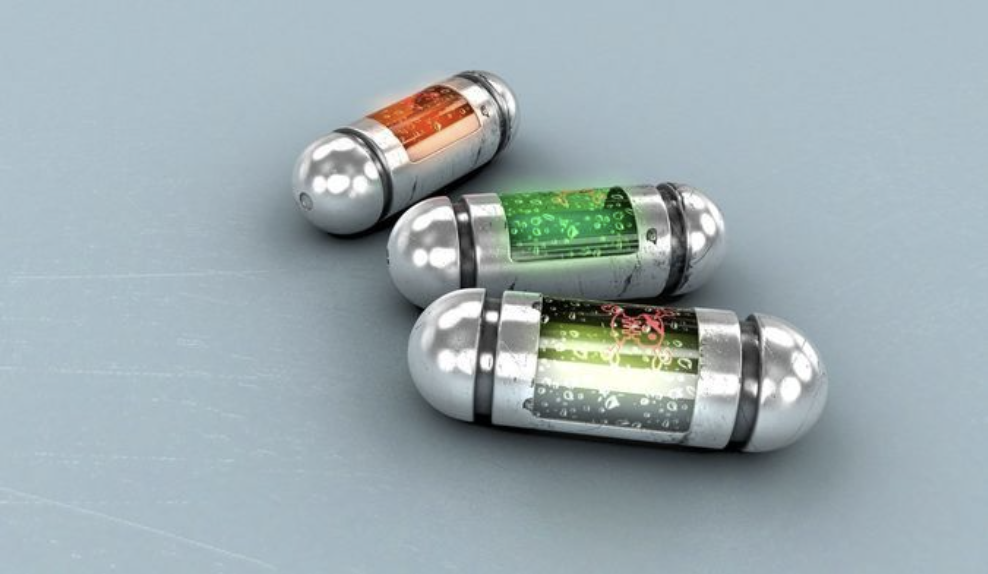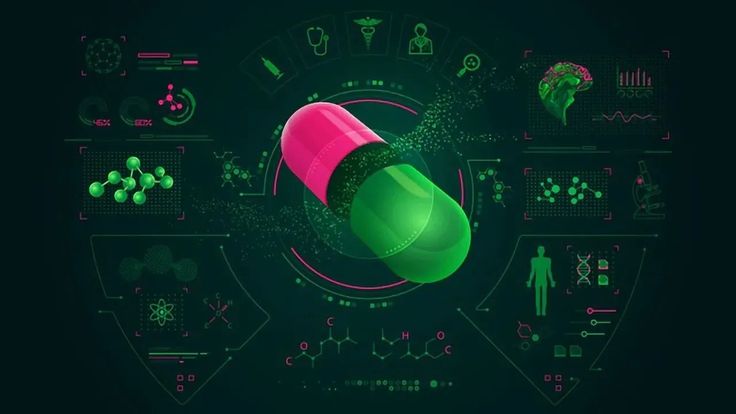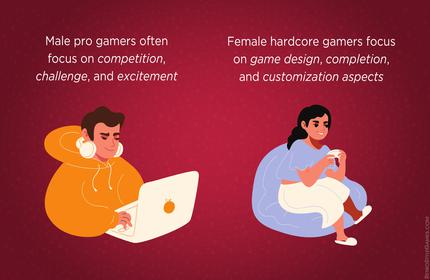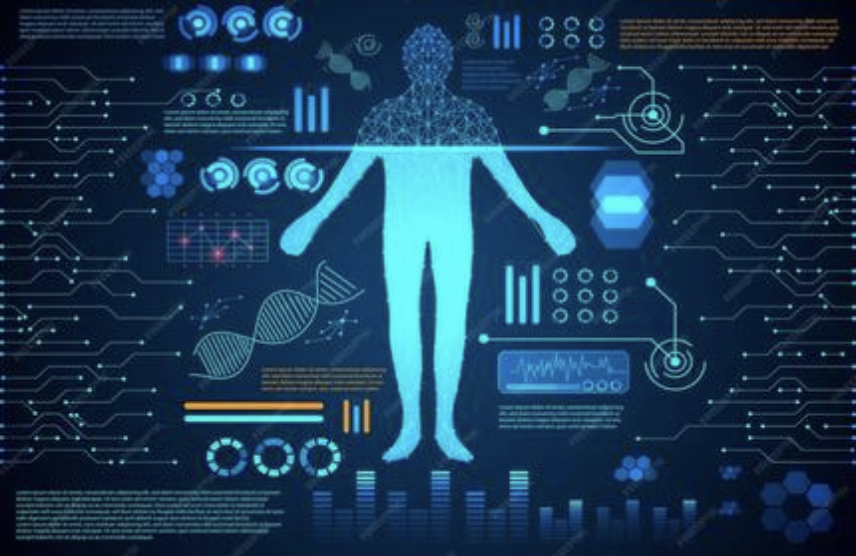How pharmaceutical innovation reshapes our daily life
Have you ever been annoyed by forgetting to take medicine on time? Or worry about the side effects of taking too much medicine? These seemingly insignificant daily troubles are becoming the breakthrough of pharmaceutical innovation. More and more research teams are no longer satisfied with developing new compounds, but trying to redefine the relationship between pills and human body. Drugs are not just powders or capsules that are swallowed, but smart partners that can be "programmed".

The so-called "time switch" drugs refer to the controlled release mechanism embedded in tablets or capsules, which will be accurately opened in the body like a time bomb and release the drug effect. For example, a chronic patient does not need to remember to take medicine repeatedly every day, but only needs to swallow a capsule with a microchip or biodegradable valve every month, and the medicine will be released rhythmically in the body, simulating the effect of taking medicine every day. This setting not only solves the problem of poor compliance, but also greatly reduces the side effects, because the concentration of drugs is no longer as high and low as a roller coaster, but as a smooth and slow-moving river.
All this sounds like the plot of science fiction, but now it has entered the clinical trial stage. For example, oral insulin capsules developed by some companies use micro-needles to slowly inject insulin into the intestinal wall, thus avoiding the pain and inconvenience caused by traditional injection. Another kind of "programmable" drugs can even respond to the internal signals of the human body: when the level of inflammation is monitored, the anti-inflammatory components are automatically released. This adaptive mechanism means that drugs are no longer passive, but become "negotiators" in the body, knowing when to take the shot and when to quit.

What is even more fascinating is that pharmaceutical innovation is being linked with wearable devices. Imagine that the smart bracelet on your wrist communicates with the drug capsule in your body. When the bracelet finds that your heart rate or blood sugar fluctuates, it sends a signal to the capsule to remind the drug to release the right amount of ingredients. This cross-border combination has made human beings truly close to the ideal state of "personalized medicine" for the first time. In the future, tablets may no longer have uniform specifications, but like tailor-made clothes. Everyone has different doses, different release rhythms and even different trigger conditions.
Of course, this kind of innovation also brings new ethical and regulatory issues. Once the pill is "intelligent", is it likely to be attacked by hackers? What will happen if the rhythm of drug release is tampered with? Or, when drugs can be tracked, are patients willing to leave privacy and health data entirely in the hands of pharmaceutical companies? The progress of science and technology is always accompanied by new problems, and the answers to these questions will directly determine whether this drug can really enter daily life.

Back to a small pill, it is quietly changing the way human beings talk to diseases. From mechanically swallowing to interacting with the body, it evolved from a cold chemical tool to an invisible healthy housekeeper. In the future, maybe we will not use the word "taking medicine" anymore, but say "let the medicine accompany me". When science and technology put pills on the "time switch", disease management may become lighter and more humane from now on.
This innovation is not a distant fantasy of the future. It is rewriting the relationship between human beings and health from the most inconspicuous details in daily life. Perhaps, the next technological revolution that will change the world is hidden in a small pill in the palm of your hand.
(Writer:Ciki)





